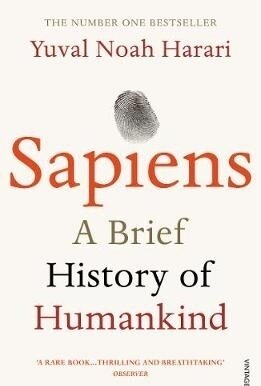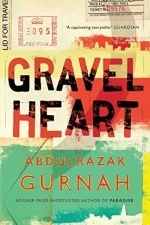
Gravel Heart
Book
Moving from revolutionary Zanzibar in the 1960s to restless London in the 1990s, Gravel Heart is a...
fiction

Anatomy Museum: Death and the Body Displayed
Book
Anatomy museums contain some of the most compelling and challenging displays of the human body. This...

Camera Orientalis: Reflections on Photography of the Middle East
Book
In the decades after its invention in 1839, photography was inextricably linked to the Middle East....
Resisting Paradise: Tourism, Diaspora, and Sexuality in Caribbean Culture
Book
Winner of the Caribbean Studies Association's 2016 Barbara T. Christian Award Tourists flock to the...
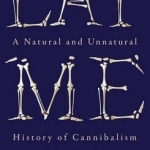
Eat Me: A Natural and Unnatural History of Cannibalism
Book
Cannibalism. It's the last, greatest taboo: the stuff of urban legends and ancient myths, airline...
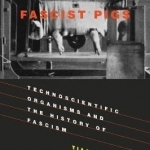
Fascist Pigs: Technoscientific Organisms and the History of Fascism
Book
In the fascist regimes of Mussolini's Italy, Salazar's Portugal, and Hitler's Germany, the first...
Suswatibasu (1703 KP) rated Sapiens: A Brief History of Humankind in Books
Nov 20, 2017 (Updated Nov 20, 2017)
What begins as a scientific exploration in to the separation or perhaps merging of the distinct human genuses ie. Homo Sapiens and Neanderthals, quickly becomes a political and social study. As a result, the book begins well but deteriorates as he moves away from a more analytical approach.
As the story moves towards times that we are more familiar with, it's not enough for the writer to tell us what happened, and perhaps share some of his pet theories on the sweep of history. Instead, we get increasingly speculative interpretations of what the author thinks are the big ideas in history. He takes no care to qualify these grand statements of opinion, but instead presents them as facts.
While I agree with his anthropological assertions surrounding religion as a method of homogenising populations and allowing flow of information, many reviews seem to be quite antagonistic towards this point of view and as a result there are definitely two camps of thoughts in regards to this book.
However, his whitewashing of colonialism and imperial rule is disparaging, literally explaining the benefits reaped by colonised countries from such destructive regimes, glossing over partition and genocide. Overall, I think that it is written well, but there are too many opinions and not enough evidence-based arguments.
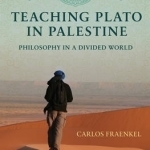
Teaching Plato in Palestine: Philosophy in a Divided World
Carlos Fraenkel and Michael Walzer
Book
Teaching Plato in Palestine is part intellectual travelogue, part plea for integrating philosophy...
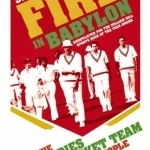
Fire in Babylon: How the West Indies Cricket Team Brought a People to its Feet
Book
WINNER OF THE CRICKET SOCIETY AND MCC BOOK OF THE YEAR AWARD 2016 SHORTLISTED FOR THE WILLIAM HILL...
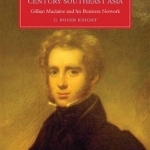
Trade and Empire in Early Nineteenth-Century Southeast Asia: Gillian Maclaine and His Business Network
Book
This book explores European mercantile activity in Southeast Asia at a time when trade in this part...

